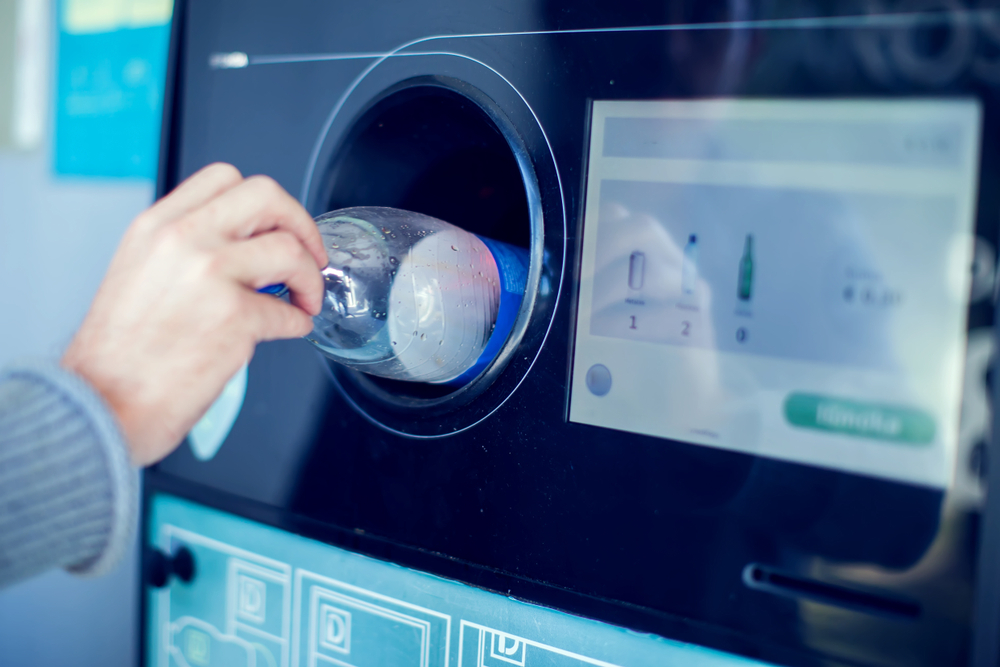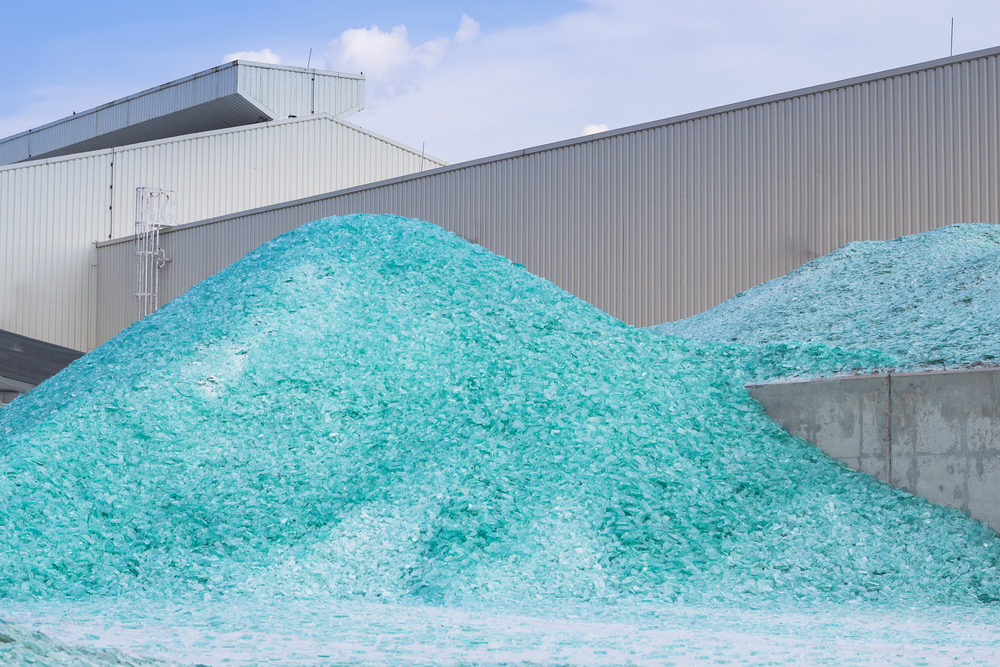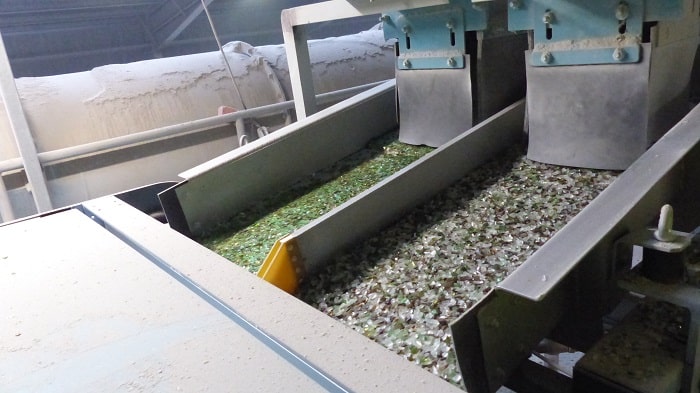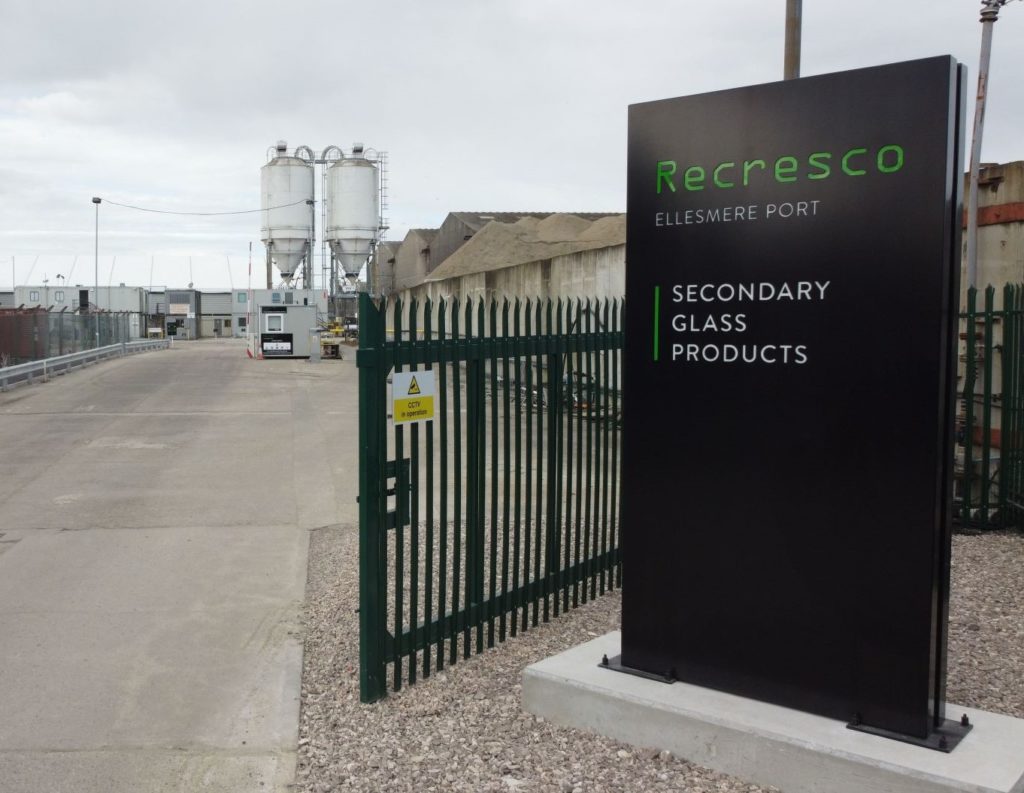The exclusion of glass requirement came over the weekend as the UK government said it would let the Scottish scheme proceed under a legislative exemption, but only if it met a number of criteria, including the exclusion of glass. The UK proposal is that Scotland collect similar materials to the rest of the UK, which are metal drinks cans and plastic drinks bottles.
Details of the proposal emerged on Saturday 27 May when the UK government published its response to a formal request from Scottish ministers under the internal markets act. The UK government said its response was issued “in good faith” and allows Scotland an exemption from the UK internal market rules so that a deposit return scheme can be launched north of the border a year earlier than the rest of the UK.
Concerns
The UK government noted that there were concerns among businesses and others about problems caused by different types of different DRS operating in the UK.
The UK statement said: “The UK Government has also noted the powerful representations made by a broad range of businesses across the UK that interoperability of schemes is critical to avoiding unnecessary barriers to trade. These significant public interest considerations have been taken into account alongside the UK Government and Scottish Government’s shared objectives to reduce and manage waste.”

Reacting to the UK proposal and speaking in an interview on the BBC, Humza Yousaf, Scotland’s First Minister declared that the proposal would mean 600 million bottles will be left on the streets, beaches and parks in Scotland.
If we don’t include glass that’s 600 million bottles that won’t be removed from our streets, our beaches and our parks (source: BBC)
Mr Yousaf said of the UK government: “They’re trying to undermine devolution time and time again, we’ve seen it multiple times… We’re now seeing it by their refusal to grant an exemption to the general markets act unless we do what they want us to do despite the Scottish Parliament passing those regulations. Not only is it bad in terms of devolution and self-government, it’s really poor for the environment – if we don’t include glass that’s 600 million bottles that won’t be removed from our streets, our beaches and our parks.”
The call to exclude glass is widely seen as putting the Scottish scheme in further jeopardy with an increasing likelihood that it might be delayed until the introduction of the DRS in the rest of the UK. The scheme for the UK excluding Scotland is currently due to be implemented in 2025 with the UK government currently looking to the setting up of a Deposit Management Organisation.
Requirements
In its response confirming that Scotland could have an exclusion from the internal markets act on a temporary basis, the UK government said the following would be needed:
- The temporary exclusion will cover PET plastic, aluminium, and steel cans only.
- A condition of this exclusion is that a maximum cap on deposit levels will have to be agreed with the rest of the UK before the Scottish scheme launches to ensure maximum interoperability and ease of use for consumers.
- Containers in scope are consistent across all schemes, with materials covering PET plastic, aluminium, and steel cans only;
- Processes are in place for collections and refunds of scheme items sold and returned in any part of the UK, with scheme administrators reconciling to ensure fair distribution of payments;
- Processes are in place to minimise the registration and reporting burden for producers, including only one administration fee required per participating company, and producers not required to join multiple schemes separately; and
- One marking (e.g. barcode) for use throughout all parts of the UK, and a single common UK logo, recognisable across all systems.
Next steps are likely to see a formal response from the Scottish government and discussions in the Scottish parliament about the UK response but the situation is causing uncertainly in several quarters.
Uncertainty

With Scotland planning its scheme to go live on 1 March 2024 with a deposit of 20p on each drinks container, work is underway to roll out collection points and infrastructure. But, the Scottish scheme’s potential for further delay has already prompted talk of compensation for businesses impacted while also causing difficulties for local authorities planning collection round. Some councils have already indicated they would cease glass collections as the material would have been collected via a DRS.
Waste management firm Biffa has invested in sites and equipment as the logistics partner for Scotland’s deposit return delivery body, Circularity Scotland. Asked by letsrecycle.com whether it would be among those potentially seeking compensation in the face of a delay, a spokesperson for Biffa said: “As the logistics provider for the Deposit Return Scheme in Scotland, we remain fully committed to helping to deliver a scheme that works for Scotland and will not be commenting further on any of the current speculation, at this time.”
Focused
Circularity Scotland is understood to be focused on delivering the Scottish scheme although it too is facing an element of uncertainty because of the issue over glass and potential for a delayed system. One option which the organisation is thought to be mulling over is the idea that it could be a contender in some form to run the UK wide deposit return scheme.










Subscribe for free